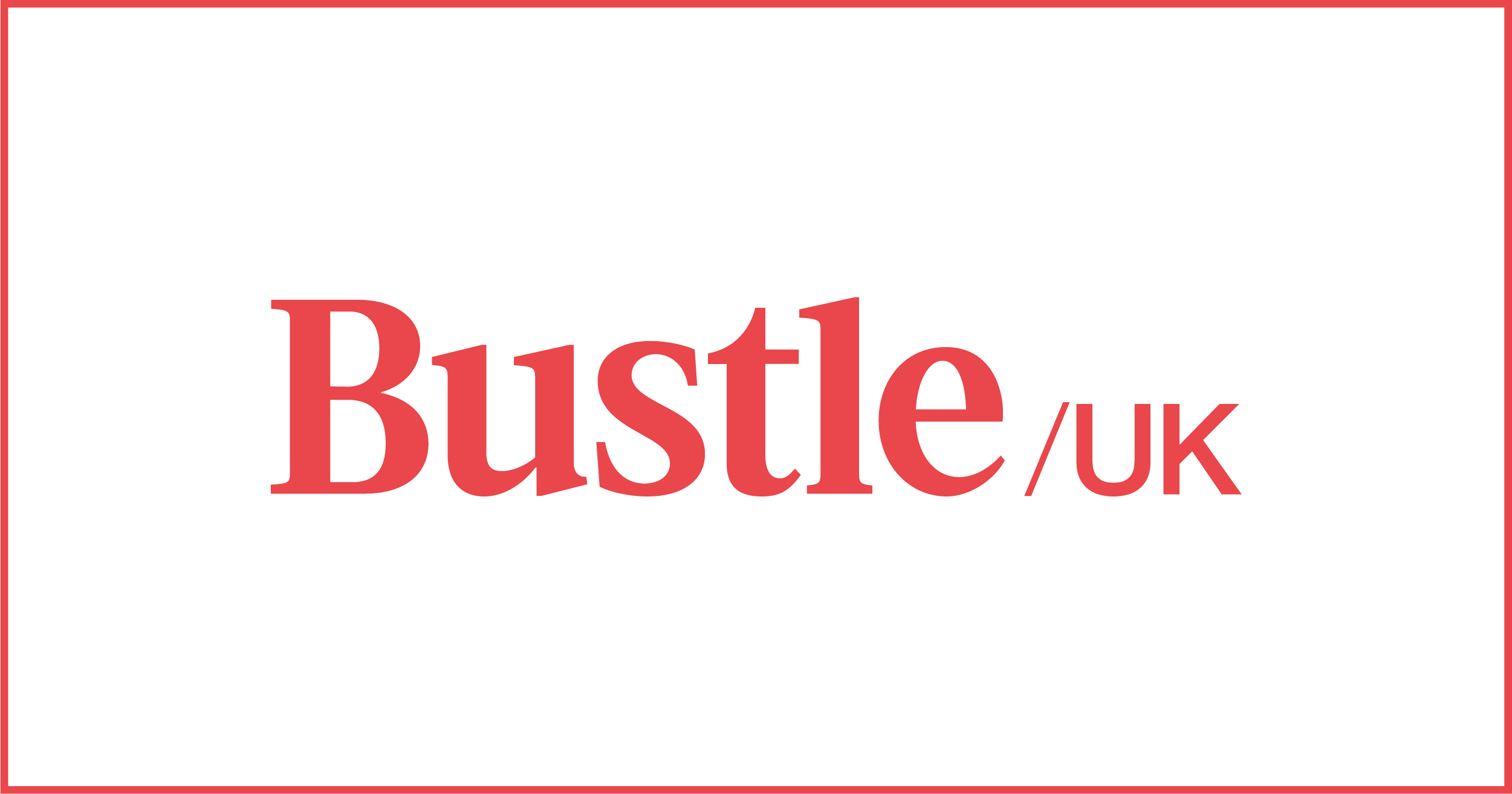
For US publishers, launching media brands in the UK is not always straightforward.
Editorially, it can be a challenge to establish a new name in a market filled with long-established rivals.
Commercially, the UK is a smaller country and so revenue opportunities are more restricted.
Buzzfeed, Quartz and International Business Times are just a few of the companies that invested big in Britain before subsequently cutting back their operations.
Women’s lifestyle site Bustle, the flagship brand of digital publisher BDG Media, is confident it can succeed where others have struggled.
Click here to subscribe to Press Gazette’s must-read newsletters, Future of Media and Future of Media US |
After launching in London in 2018, Bustle is on course to record its first annual profit this year, according to BDG Media president and chief revenue officer Jason Wagenheim.
“We’re psyched for that,” he tells Press Gazette in a phone interview.
“We’ve had some profitable quarters with Bustle in the UK in the year prior, but this will be our first full year in profitability. Which is not a bad thing after three years. Typically, it takes about five years to get a business profitable.”
Bustle UK, which has eight full-time employees, is also on course to more than double its revenues this year after sales remained flat between 2019 and 2020, despite the Covid-19 crisis.
It has close to five million unique monthly users in the UK, says Wagenheim. He adds that, even before launch, Bustle was regularly attracting 1.5 to two million unique users a month from the UK.
Why not just create more UK-friendly content from the US? “You can’t just change Z’s to S’s and think you have a UK property,” says Wagenheim. “We really built the editorial team and the social team to focus on content that women in the United Kingdom would really gravitate towards.”
 Promoted white paper: How newsrooms can leverage automation
Promoted white paper: How newsrooms can leverage automation
Read United Robots’ 12-page report on newsroom automation: What it is and how it can make journalism better.
BDG considers UK expansion as SPAC deal nears
BDG, formerly known as Bustle Digital Group, was founded in 2013 by a team led by the current chief executive Bryan Goldberg.
Over the past eight years, the company has built up a portfolio of publications that now includes Elite Daily (bought from Daily Mail publisher DMGT in 2017), Input and Inverse.
Like Buzzfeed, Vox Media and Forbes, BDG is thought to be heading towards the public market in the near future through a merger with a special-purpose acquisition company (SPAC).
Wagenheim suggests a deal could happen within the next six to 12 months.
“I can say that I think there are many options for us to raise money, and going public via a SPAC is a very attractive deal for us to think about adding capital,” he adds.
“We want to raise money so that we can continue to acquire and buy properties, and going public gives us a war chest of several hundreds of millions potentially that we can go out to buy stuff.
“It’s absolutely on the cards. It’s hard, it’s complicated, we’re having lots and lots of conversations, but there’s not much more on it that I can say at this moment.”
As well as acquiring new brands, further investment in Britain could be on the cards for BDG because of the success of Bustle UK, says Wagenheim.
“I think there’s an opportunity for us to go really big with parenting in the UK as a next step,” he says. BDG owns Romper, a motherhood news site, and recently acquired Some Spider Studios, which publishes parenting sites including Scary Mommy, Fatherly and The Dad. “I won’t be surprised if in 2022 we have a large parenting offering from the UK, some time mid-2022.”
He adds that Elite Daily, Inverse and Input “have opportunity in the UK. And I think because of the success that we’ve shown there, and the infrastructure that we’ve built, we can very easily start to think about launching our other brands there as well.”
Bustle editor in chief: UK media now ‘taking us seriously’
Leading Bustle’s launch in the UK was Charlotte Owen, a British journalist who has since moved on to become the site’s editor-in-chief based in New York.
Owen, who previously worked at Vanity Fair in London, acknowledges that it was challenging to launch a new brand into the UK market.
“It was straightforward from a procedural point of view in terms of hiring writers, training writers, hiring editors, producing content, connecting with our readers – all fine.
“But I think the industry perception element is really difficult. I remember saying this to some people in the first six months. I was like: ‘I think we have to just still be here in a few years’ time.’
“And it’s that very British mentality where it’s like: ‘Oh, you’re still knocking around? I guess we’ll take you seriously.’”
She adds: “It was difficult, but it was difficult in ways that it’s really hard to articulate, especially to Americans. Because in New York everyone’s kind of like: ‘What’s new? What’s hot? What’s next?’ And whereas in the UK, it’s like: ‘What has been around for 50 years?’
“So it was a challenge, but we kept our head down. We knew we had the readers and it was just waiting for that moment where we really broke through in terms of people taking us seriously.”
Bringing Love Island to the US and American perspectives to royal coverage
Like Wagenheim, Owen believes it is important that Bustle’s UK audience is served by a dedicated team.
“I think they’re pretty different culturally,” she says when asked about the distinction between the UK and US audience. “Don’t get me wrong, there’s a lot in common, and there’s more in common than there is different.
“I think there’s a real value in that we can cover what our UK audience is into in real time. All the US team now love Love Island. But when we started writing about it in the UK, they were like: ‘What is this nutty show with the water bottles?’
“So it’s about speaking to the UK audience about things they care about in the time that they do.”
Despite having separate US and UK teams, Owen says that Bustle does have one unified voice across its two territories. She believes this has helped Bustle find a new, underserved audience in the US, pointing to its royal family coverage as an example.
“From the outset there are so many brands covering the royals in the UK when you think it’s basically every newspaper, every website, through from the BBC to Heat magazine.
“But I think we came to it more in relation to the US attitudes of being more supportive of the younger royals. So, actually, on some of our stories we had over a million people reading royal stories in the UK.
“And I think even though they can get royals content from elsewhere, it’s the angling that maybe wasn’t being served in other parts of the media.”
Email pged@pressgazette.co.uk to point out mistakes, provide story tips or send in a letter for publication on our "Letters Page" blog
